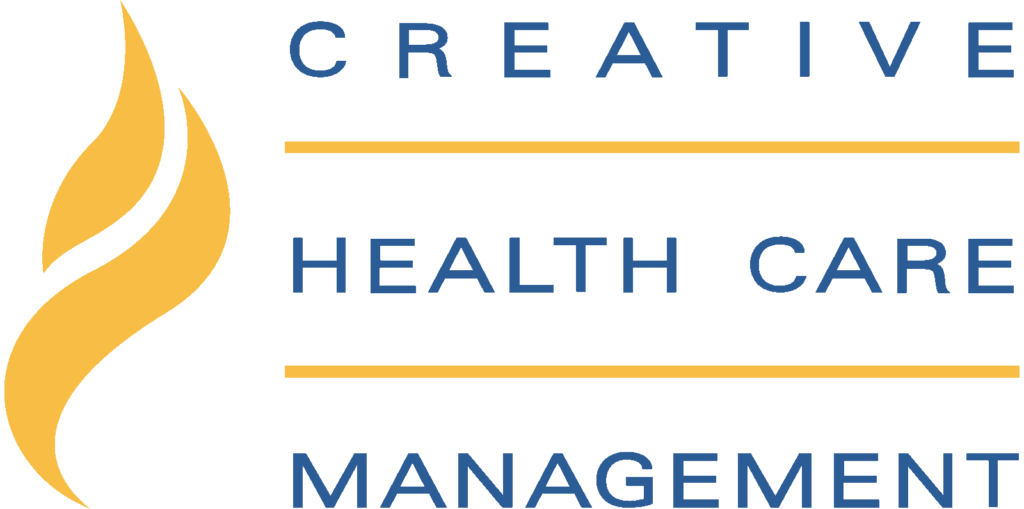Another year is behind us. As 2023 is now a memory, be sure to embrace the possibilities of 2024. Take advantage of the opportunities to reflect, assess, and set goals.
Merriam-Webster defines reflection as “consideration of some subject matter, idea, or purpose”. Annual reflection can involve any or all of these. Brandon Gustafson in his article “The Art of Reflection”, describes reflection as “an opportunity to slow down and consciously contemplate”. We need to allow ourselves the time and space to really process what happened in the past to help prepare for the future. This should be done at all levels of an organization to help ensure success of individuals, departments, communities, and a journey to excellence.
Everyone from the clinical staff to the executives should afford themselves some time to think about the past year. What are they most proud of? What do they feel could have been done better? What did we learn? What did we change? What do we want to change? Once these things have been identified, then ask, does it matter? Every occurrence / task / item matter and it is how we learn from these that make our reflection even richer. Those items that matter should be shared. Stating accomplishments and hardships out loud or on paper strengthens the learning and insights gained. This learning and insight enhances a journey to excellence for an organization. It is good to remember the occurrences / tasks / work that happened, but deep reflection is “about tapping into every aspect of the experience, clarifying our thinking, and honing in on what really matters” as stated by Geil Browning, Ph.D., the founder and CEO of Emergenetics International.
Assessing the Current State
Sorting out what really matters can be difficult. Assessing the current state can help. For instance, if zero harm is important to your organization, then you will need to assess your current state. Assessing the current state drives next steps. Assessments should involve interviews with stakeholders at all levels, data review and evaluation, and process flow. This phase is often the most tedious and is sometimes cut short because organizations are eager to solve the problem. Don’t get caught up in solutions until a thorough assessment has been completed.
As you begin an assessment remember to assess the organization from the top to the bottom. Interviewing executives to clinical staff in each department. Discovering what matters at each level of the organization will help strengthen your solutions and ensure that no one is feeling unheard. Remember that this work can be tedious, so a few minutes with a department leader that you think doesn’t need to be involved is better than retreating to include them after goals and action plans have been developed. Expending effort on the assessment process will help pinpoint the true root cause of what matters and may shorten the solution implementation. Organizations on a journey to excellence use assessments to provide the foundation for future work and goal setting.
Goal Setting
Goals need to be strategically developed and be based upon reflection and assessment of what matters. Goal setting will assist an organization on a journey to excellence in deciding where they want to go and what they want to achieve. It also helps them establish a plan of action and a timeline.
Goals should also involve input from all levels of the organization. They need to be SMART (specific, measurable, achievable, relevant, and timely). They are to be evaluated at regular intervals. Most importantly, they need to be communicated. Organizations on a journey to excellence need to ensure that every member of the organization knows the goal, aligns with the goal, and can state progress of the goal. Goals that are not communicated and understood make little to no progress.
As you progress through 2024, take some time to reflect on 2023, assess the current state, and set goals for 2024. These steps will ensure a well thought out journey and a well thought out journey is worth taking.
If you need assistance with reflection, assessments, or goal setting, Creative Health Care Management consultants are here to help. Just contact us at chcm@chcm.com for more information or a quick call.
Ruth’s career has spanned over 30 years with a large health system where she has held progressive leadership roles including Risk Manager, Director of Surgical Services, Clinical Project Director, and Magnet® Program Director. Ruth has extensive experience with successful Magnet® designation, and a proven track record of improved outcomes.





